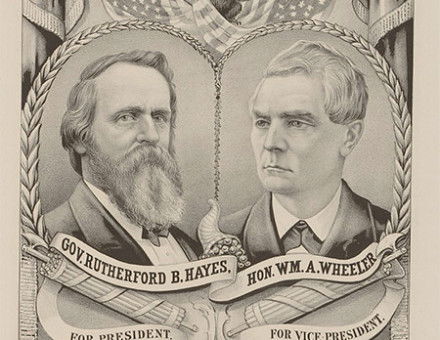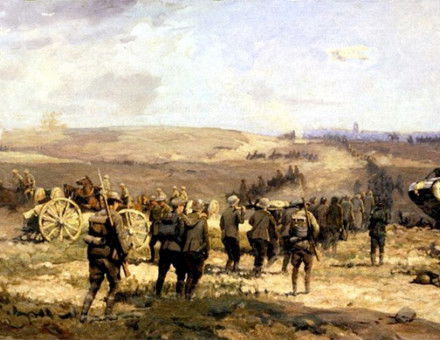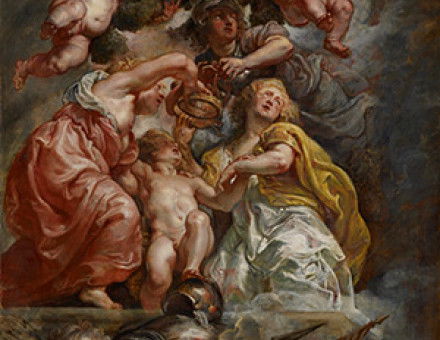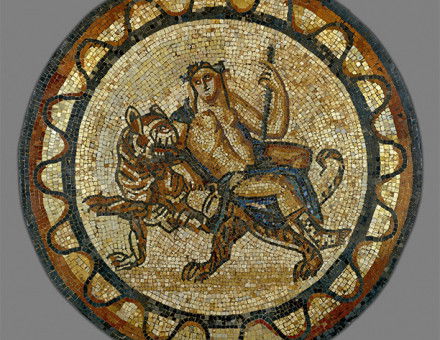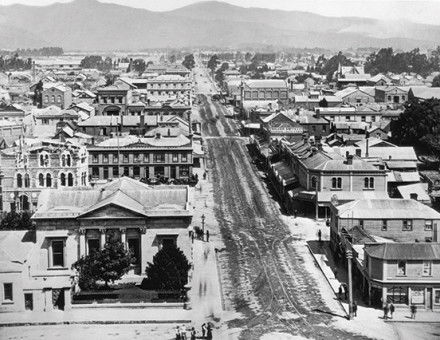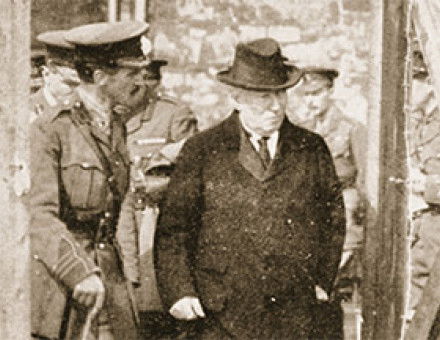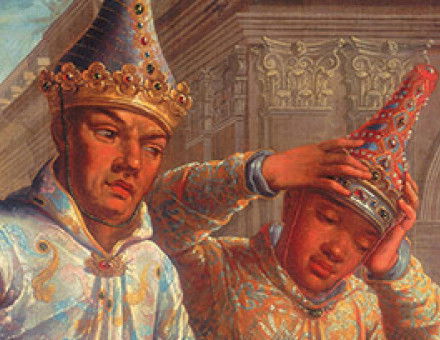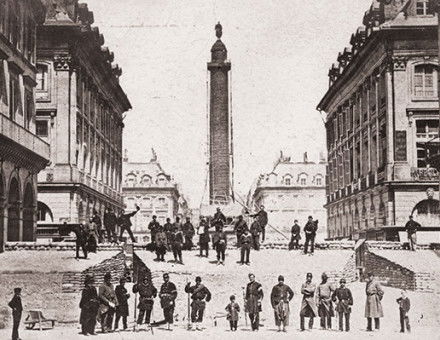Two Great Nations: 1815-50
During the first half of the nineteenth century, as Tocqueville perceptively remarked, Russia and the United States had grown to nationhood almost unnoticed. ‘The world learned of their existence and their greatness at almost the same time’. By Paul Dukes.



